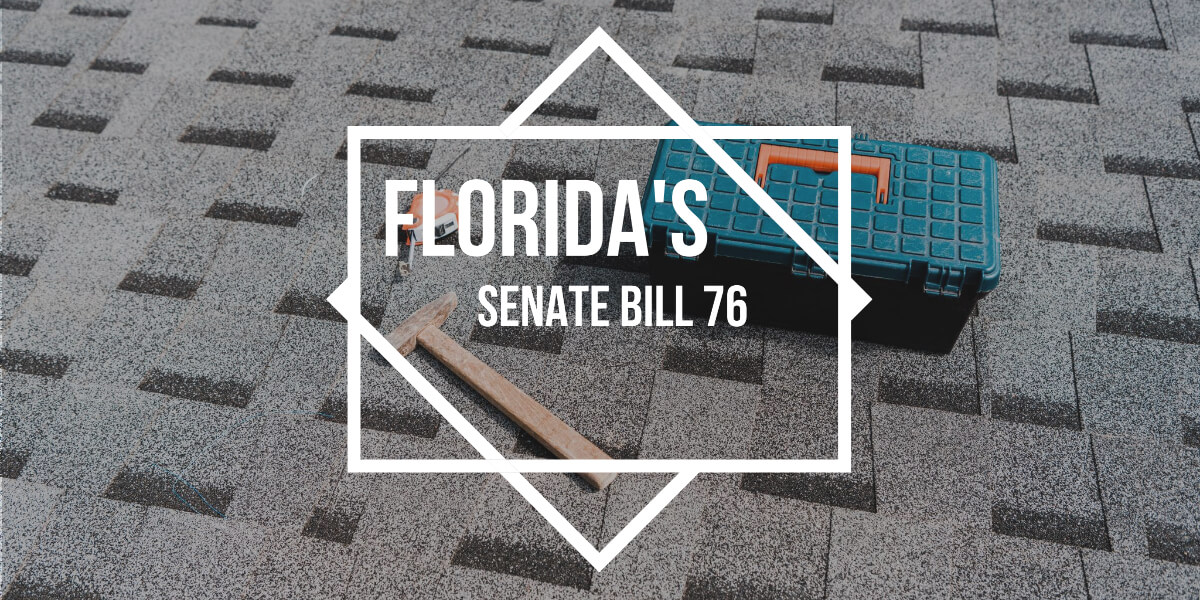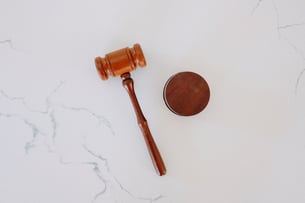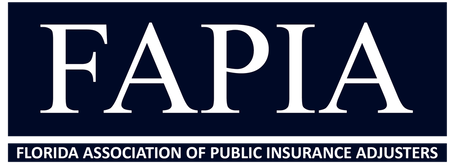Senate Bill 76: Effects on Homeowners and The Roofing Industry
September , 2023 | 6 min. read
By Kevin Mills

Florida is known for its sunny weather and beautiful beaches, making it a great place for vacations. However, for those of us who live here, we also have to deal with extremely hot sun, pesky mosquitoes, and sometimes scary hurricanes during hurricane season.
These hurricanes can cause a lot of damage, especially to our roofs. RoofCrafters has been helping homeowners through natural disasters for almost 30 years and we've seen how important laws and rules are in handling these situations. Florida had to implement a few new rules because a select couple were making false claims about roof damage after hurricanes. This was determined as a type of cheating, and it made it harder for everyone else. The reinstated rules started in July 2021 to stop the "cheating."
If you're reading this, you're probably a person who lives in (or near) Florida or owns a house here. You might be wondering how these new rules affect you and your roof. In this article, we'll explain everything! That includes what your contractor can do, what a public adjuster is, and why it's better for homeowners to use one when dealing with roof damage claims instead of only using their insurance company. Let's learn more!
What is the Florida Roofing Regulation Law of 2021?
Florida may look like a wild place for those visiting on spring break or Miami vacations. However, in reality, this sunny paradise has some of the strictest roofing laws in the country. This is because of the wild weather, strong winds, and storms that hit the state. Starting July 1st, 2021, a new law, Senate Bill 76, was put into place.

This fresh law changes how homeowners can go about getting their roofs fixed or replaced. It also impacts how roofing contractors and insurance companies handle claims and how homeowners can make these claims. Why did this happen? In simple terms, Florida noticed many false storm insurance claims and had to take action to fix things in the roofing industry and for homeowners.
What Does Senate Bill 76 Change?
Under this newly instated law, homeowners and contractors can expect the following changes:
- If your roof is older than ten years, an insurance company can reduce coverage based on your roof’s type and age.
- If your roof is less than ten years old, your insurance company must cover your roof replacement in full.
- Supplemental and property insurance, as well as reopened claims, must be filed within two years of the incident.
- Insurance companies can offer roof coverage at a state value limit to homeowners.
- Contractors can’t offer incentives to homeowners, nor accept incentives for referrals.
- Roofing contractors are no longer allowed to solicit door-to-door business.
What is My Florida Roofing Contractor Allowed to Do?
Unfortunately, due to this new law, there have been significant changes in how contractors, both from the past and in the future, are allowed to do business with homeowners like you. The major change this law brought about is making it illegal for roofing companies to approach you at your doorstep to offer their services, provide incentives, or even ask for your business.
The roofing industry has been using door-to-door marketing and solicitation for a long time, and this new law has hit them hard. Many companies relied heavily on this approach to keep their business running. Sadly, even the reputable ones have had to shut down because of these restrictions.

However, getting rid of this type of sales pitch can be seen as a positive change. Often, when salespeople show up at your door without an invitation, homeowners start to wonder if the contractor's services are a scam. Now, with this law in place, we've come to know that many of these contractors have indeed been involved in insurance scams.
Because of this, trustworthy roofing companies must be extra careful with insurance claims. Once your contractor knows there's an insurance claim, you, as the homeowner, should reach out to a public adjuster. Contractors who are honest will support this. Keep detailed notes about your claim, ensure you know the date of the incident, and have the damage assessed as soon as possible.
What is a Public Adjuster?
Think of a public adjuster as your own personal superhero. According to the Florida Association of Public Insurance Adjusters, “a public insurance adjuster is a licensed and bonded insurance professional who assists policyholders with the complicated insurance claim process when they suffer an insured loss. Public Insurance Adjusters who belong to the Florida Association of Public insurance adjusters adhere to a strict Code of Ethics and are able to take advantage of the best quality, public adjuster specific, continuing education in the country.”
Basically, a public adjuster's sole purpose is to fight for you. Their main responsibility is to protect you and your interests in claims against a loss with your insurance company!
Pretty noble, right? If you and your family have seen better days, and you’ve just suffered through a hurricane or another Act of God that’s left your home in shambles, it’s safe to say you’re not in an emotionally sound place to learn the proper etiquette when it comes to presenting your insurance claim.

That’s where a public adjuster comes into play. While you can focus on what really matters, such as taking care of your family, relocating yourselves and your things, and remaining calm, a trusted, qualified, and trained public insurance adjuster will help make sure you meet all of the policy conditions, document your loss and get your claim paid. They can alleviate your stress of understanding a multitude of technical and legal jargon, stipulations and regulations, and every other insurance-claim-related gibberish under the sun.
Should I Use a Public Adjuster to Present My Storm Damage Claim?
At the end of the day, it all boils down to personal preference! If you feel comfortable with your organizational skills, knowledge of legal terminology, and have documented every aspect of your claim, feel free to present it to your insurance company yourself. If the thought of that makes you sweat, it’s definitely a smart idea to hire a public adjuster.
SB-76 has obviously affected the way homeowners and roofing contractors are allowed to go about our business (and quite a bit.) Now that you have the knowledge, it’s essential to put it to use. Always remember to keep track of your claims, be open and honest with your roofing contractor, and if you see fit, get in touch with a public adjuster as soon as possible.
Whew, that was a lot of information, but you made it through! We know this stuff can be tricky, and we want to make sure you have all of the information necessary to make an informed decision about your roofing claim. For more information on insurance coverage, check out our article on what your homeowner’s insurance will and won’t cover. If you’d prefer to chat with an expert instead, feel free to drop us a line. One of our friendly RoofCrafters representatives will be happy to talk with you!
My name is Kevin Mills, and I am the lead estimator for RoofCrafters’ Tampa division. I’m originally from Michigan, and I enjoy hunting, fishing, and spending any free time outdoors. What I’m most passionate about, though, is helping business owners and homeowners alike achieve their roofing goals, all while providing a seamless customer journey.



